
The Distracted Mind
Ancient Brains in a High-Tech World
Recommendation
Everyone knows multitasking disrupts how well their mind works…and almost everyone multitasks anyway. That’s the irony of this book. Professors Adam Gazzaley and Larry D. Rosen have synthesized their academic work with a range of other research to document just how distracted modern society has become. They explain the aspects of the brain and mind that shape your cognitive capacity, the evolutionary roots of distraction, and the damage done by multitasking and task switching. They cover how distraction harms health, workplace performance, social relationships and physical safety. And they provide a number of techniques to help you gain control of disruptions. getAbstract recommends their work to those interested in improving their performance, safety, relationships or health, or in learning how technology affects society. However, due to the nature of distraction, and people’s relationship to their technology, many probably won’t apply the…wait, what were you saying? Just a sec, I have a text.
Summary
About the Authors
Adam Gazzaley is a professor in the Department of Neurology, Physiology and Psychiatry at the University of California, San Francisco. Larry D. Rosen is professor emeritus of psychology at California State University, Dominguez Hills.








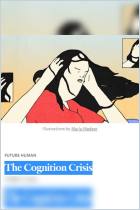
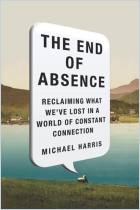
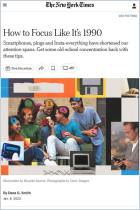

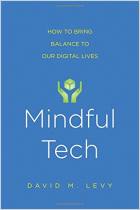
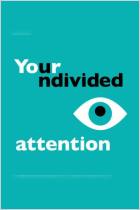
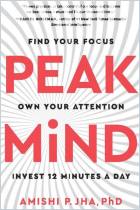

Comment on this summary or Начать обсуждение